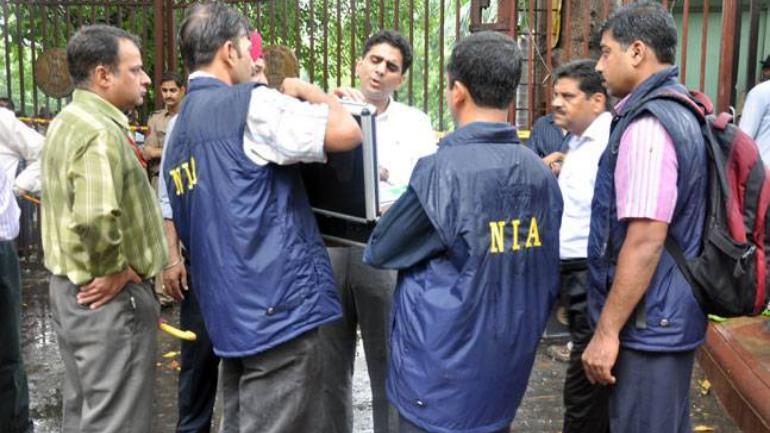As per recent reports, the Easter bombings in Sri Lanka earlier this year is likely to be the first case outside India to be investigated by the National Investigation Agency (NIA). It must be noted that a recent amendment in the Parliament has given more teeth to India’s premier anti-terror probe agency, the NIA. The amendment widens the jurisdiction of the NIA and brings in more scheduled offences under the purview of the NIA. The amendment also provides for setting up special courts for taking up NIA related cases.
One of the key changes introduced by the amendment is empowering the anti-terror probe agency to investigate cases of terrorism taking place beyond the territorial limits of India. The amendment empowers the NIA to investigate terror offences committed outside Indian sovereign territory, which will be subjected to domestic treaties and domestic laws of foreign countries where the offence was committed. Central government will have the power to instruct the agency to investigate such cases and a Special Court in New Delhi will have jurisdiction over these cases.
In the background of the Easter bombings case in Sri Lanka, this amendment carries special significance. As such the NIA is now empowered to carry out a probe into this serious case in which 250 persons were killed as 9 suicide bombers blew up themselves.
It must be noted that soon after the blasts took place, a two-member NIA team had visited the island country and had also held deliberations with Sri Lankan authorities about the claim that a few Islamic State members had travelled to India, including the state of Jammu & Kashmir. However, the agency could not delve into these claims and carry out an investigation because of the jurisdictional constraints which have now been removed by the latest amendment. A senior MHA official has reportedly said, “Now since the NIA Act has been amended, the agency can investigate the case.” He elucidated that the amended law now empowers the anti-terror probe agency to investigate terror attacks outside India targeting Indians, Indian interests abroad and having links with India.
Officials said that India had shared intelligence inputs with Sri Lanka alerting the island nation that Islamic State terrorists were planning to carry out terror attacks there. India had shared intelligence inputs about possible terror attacks on the Indian High Commission and religious places in Sri Lanka.
